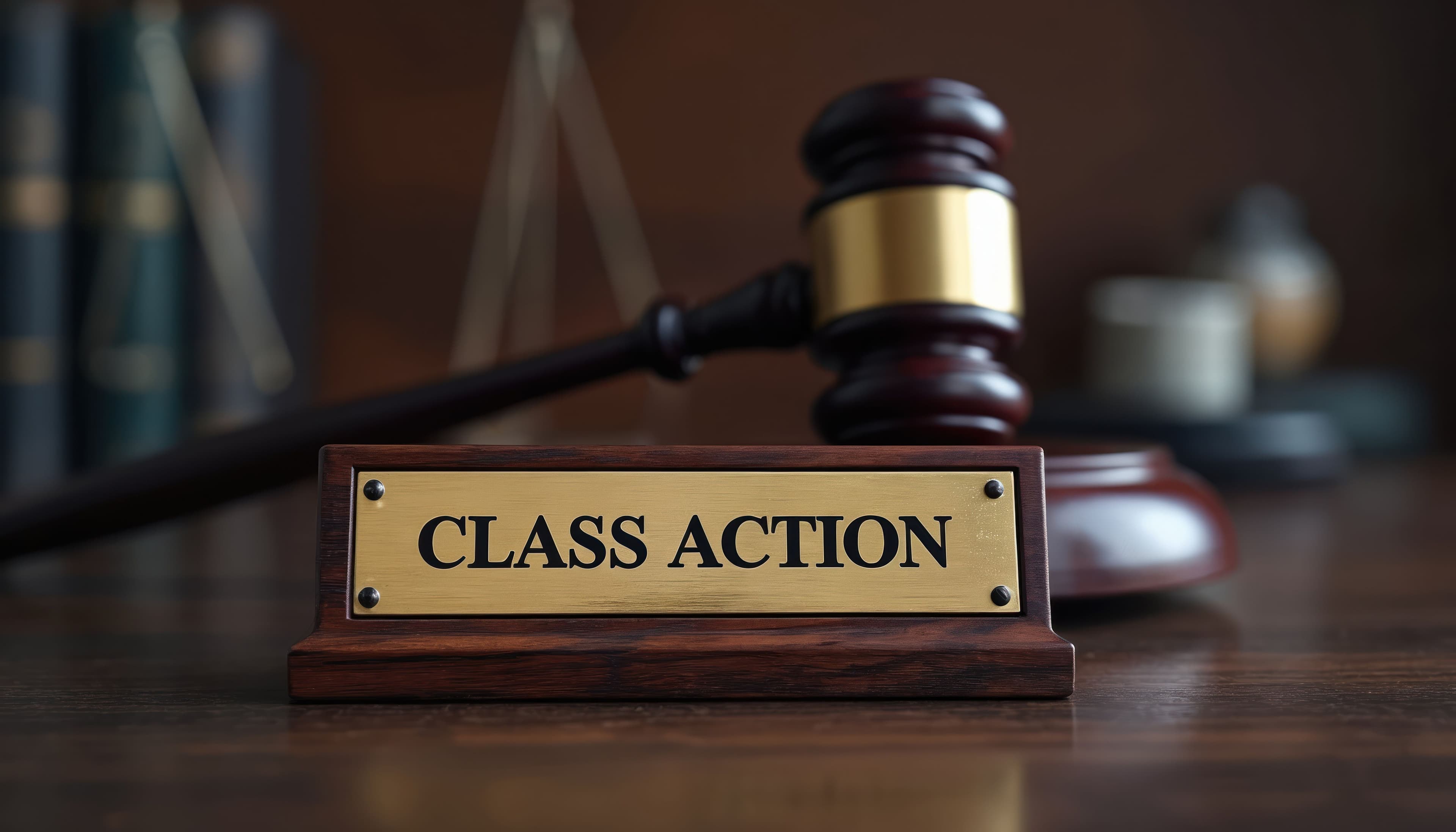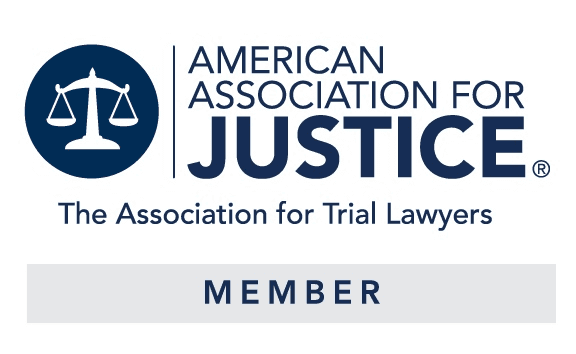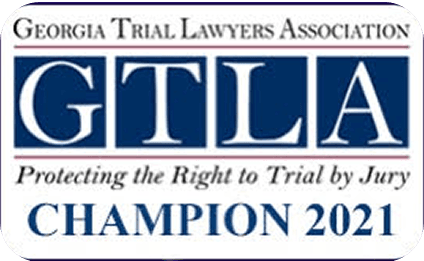
How Long Do Class Action Lawsuits Take?
How Long Do Class Action Lawsuits Take?
Class action lawsuits are one of two major procedural innovations (along with multidistrict litigation) designed to simplify legal proceedings involving multiple similar claims. They’re commonly used in product liability cases, such as when hundreds or thousands of consumers are harmed by a defective drug or device.
However, unlike individual lawsuits, class actions can take months or even years to resolve—even in personal injury cases. Here’s what you should know about the timeline and legal process for class action lawsuits in Georgia.
How Class Actions Work in Georgia
Let’s say you were harmed by a defective pharmaceutical product. You file a lawsuit, and the court certifies a class of plaintiffs with claims similar to yours. Those individuals are then notified and given the right to opt out. The lawsuit continues through discovery, negotiation, and either settlement or trial.
Each step takes time—and outcomes are binding for all plaintiffs who do not opt out.
Step-by-Step Timeline for Georgia Class Action Lawsuits
Step 1: File the Complaint
To begin a class action, you must file a written complaint with the court. It should include:
 Your identity and legal standing
Your identity and legal standing A clear description of your claim
A clear description of your claim Identification of the class you wish to represent
Identification of the class you wish to represent
The class typically includes dozens, hundreds, or thousands of members. Preparing and filing may take a few weeks.
Step 2: Class Certification by the Court
The judge must decide whether to certify your case as a class action. In Georgia, certification requires:
 The class is so numerous that individual lawsuits are impractical
The class is so numerous that individual lawsuits are impractical Common questions of law or fact across all class members
Common questions of law or fact across all class members Your claims are typical of the group
Your claims are typical of the group You will adequately represent the interests of the class
You will adequately represent the interests of the class
If the court finds these conditions are not met, class certification will be denied.
🕒 Time estimate: Several weeks to several months.
Step 3: Notifying Class Members
After certification, you must notify all members of the class—typically via mail, newspaper ads, or digital notices. The notice must explain their:
 Inclusion in the class
Inclusion in the class Right to opt out
Right to opt out Consequences of remaining in the class
Consequences of remaining in the class
This step can take weeks or months, depending on the size of the class.
Step 4: Discovery Process
Discovery is the stage where both sides gather and exchange information, including:
 Depositions
Depositions Interrogatories
Interrogatories Requests for documents and evidence
Requests for documents and evidence Admissions of fact
Admissions of fact
Large, complex cases may spend over a year in discovery. Smaller cases could complete this stage in a few months.
Step 5: Settlement Negotiations
The majority of class actions resolve through negotiated settlements. Negotiating terms that apply to the entire class can take a few weeks to several months, depending on the complexity of the claims.
Step 6: Trial
If no settlement is reached, the case proceeds to trial. The court’s verdict will apply to all plaintiffs who did not opt out.
🕒 Trials can take several weeks, but appeals may extend the total timeline even further.
Why You Shouldn’t Do This Alone
Never try to handle a class action lawsuit without legal representation. These cases are highly complex, requiring sophisticated litigation strategies and extensive legal resources.
Even many personal injury attorneys don’t handle class actions. You need a lawyer with specific experience in mass torts and class litigation.
The good news? Most attorneys—including those at Lawson Personal Injury Attorneys—work on a contingency fee basis, meaning you don’t pay unless we win your case.
Get Help From a Georgia Class Action Lawyer
Georgia Personal Injury Lawyers
We focus exclusively on serious personal injury cases, including:
Assault Injuries
Bad Faith Insurance
Bicycle Accident
Brain Injury
Bus Accidents
Car Accidents
Catastrophic Injuries
Child Injuries
Construction Accidents
Dog Bites
If your life was disrupted by someone else's negligence, we're here to restore your power through the law.











